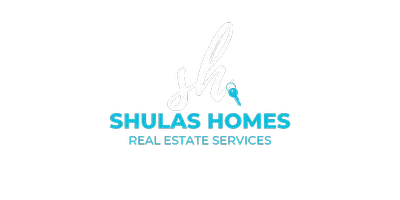Condos vs Townhomes in Palm Coast
If you're considering a move to Palm Coast, Florida, you may be wondering whether a condo or a townhouse is the right choice for you. In this article, we will explore the differences between condos and townhomes, from both a mortgage and ownership standpoint. We'll also discuss the pros and cons of each option to help you make an informed decision.
Condos and townhomes are popular choices for homeowners in America, especially for those looking for starter homes or more affordable options compared to single-family homes. Both options offer less responsibility when it comes to exterior upkeep, maintenance, and landscaping. However, there are significant differences between the two.
Condos are a type of housing defined by the structure of ownership. They are similar to apartments, where units are typically located side by side in larger buildings with multiple units. Unlike apartments, condos allow for ownership of the interior of the unit.
On the other hand, townhomes are multi-level homes that are typically attached to one or both sides. When you own a townhome, you not only own the interior of the unit but also the exterior and the land it sits on. Due to the additional ownership, townhomes generally have a higher purchase price compared to condos, although still lower than single-family homes on average.
When it comes to mortgages, it's crucial for your lender to know whether you are purchasing a condo or a townhome. Condos typically have higher interest rates associated with them compared to townhomes. It's important to ensure that your lender is aware of the correct property type to provide accurate estimates for your monthly payments.
However, it's worth noting that sometimes there can be mistakes in the MLS listing, where condos and townhomes may be mislabeled. It's essential for your realtor and lender to work closely together to ensure everyone is on the same page regarding the property type and the associated interest rate.
Both condos and townhomes are likely to have homeowners' association (HOA) fees. These fees cover general maintenance of amenities and upkeep of the building, although the specifics can vary between condos and townhomes.
In townhomes, you typically own the exterior of the unit and are responsible for its maintenance. However, some HOAs may take on certain exterior maintenance tasks, such as roof repairs. It's important to understand the extent of the HOA's maintenance responsibilities and ensure you are comfortable with taking ownership of any necessary maintenance tasks.
Another crucial aspect to consider when buying a condo or townhome is the reserves held by the HOA. Reserves are funds set aside for long-term maintenance issues, such as replacing a roof for the entire building. A healthy reserve can help keep special assessments, which are additional payments due for unexpected expenses, low.
Before making a decision, it's important to thoroughly review the HOA's financials and ensure they have sufficient reserves. Additionally, attending HOA meetings and assessing the leadership and maintenance plans can provide valuable insights into the community's management.
Insurance rates and property taxes can also vary between condos and townhomes. Since condos typically only involve ownership of the interior of the building, homeowners' insurance rates are generally lower compared to townhomes, where owners have more responsibility for the exterior.
Similarly, property taxes may be higher for townhomes due to the increased ownership and assessed value. It's essential to consider these factors when budgeting for your new home.
When deciding between a condo and a townhome, it's important to consider more than just the rules and HOA fees. Conduct a thorough analysis of the HOA's financials, including reserves and maintenance plans. Additionally, consult with your lender to ensure accurate mortgage estimates based on the correct property type.
If you have any specific questions or need further clarification on the differences between condos and townhomes, please leave a comment below. We value your feedback and are here to assist you in making the right decision for your move to Palm Coast, Florida.
Want to know more? Watch this video from our YouTube, Palm Coast Florida Living.
Recent Posts


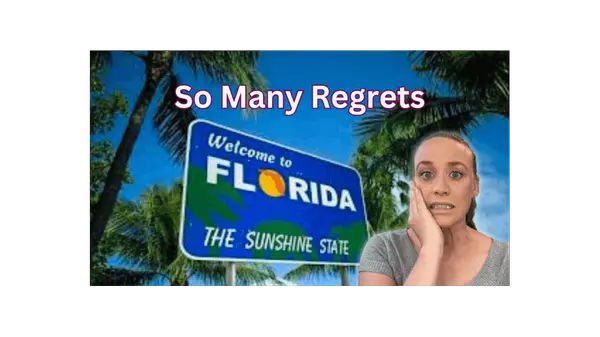
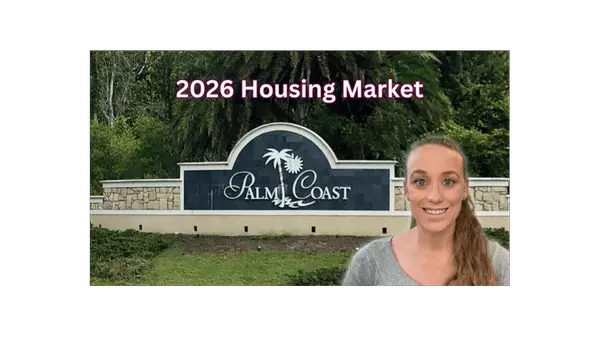

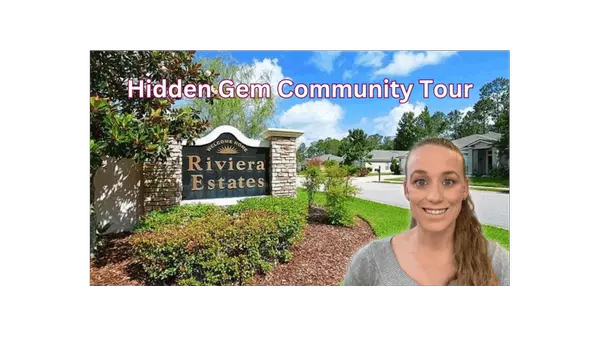
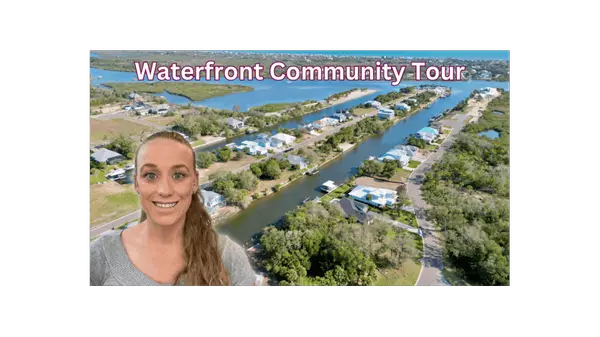



GET MORE INFORMATION


